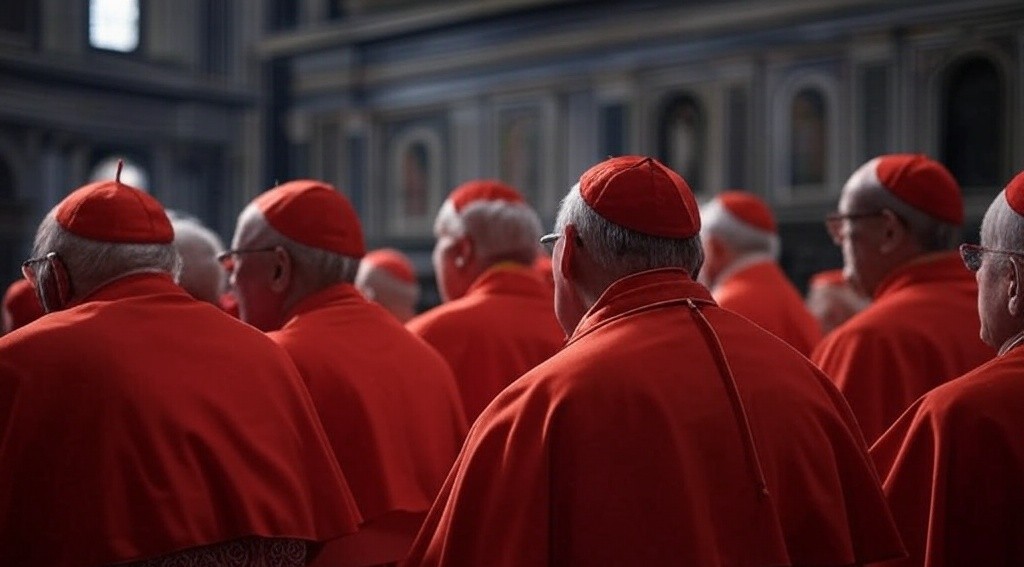How can one become a Pope in the Catholic Church?
For centuries, the Roman Catholic Church have chosen their leadership at the Vatican in private gatherings known as conclaves. Much secrecy surrounds this conclave and its historic vote, which usually happens in the days after a pope dies.
Electing a pope in the Catholic Church is a process steeped in history, tradition, and canon law. While the vast majority of popes in recent centuries have been cardinals, the Catholic Church’s laws technically allow for a broader pool of candidates.
According to canon law, the following individuals are eligible to be elected pope:
- Any baptized Catholic male with the use of reason.
- Not necessarily a cardinal--while it has been more than 500 years since a non-cardinal was elected, historical precedent allows for other clerics or even laymen to be chosen.
- Willing to be ordained a bishop–if the elected candidate is not already a bishop, he must be immediately ordained before assuming the papacy.
Here’s a breakdown of who can become pope in the Catholic Church:
- Be Baptized as a Catholic Male — Only baptized Catholic males are eligible.
- Become a Priest — While a layman could theoretically be elected, it is exceedingly rare. Most candidates will have pursued the priesthood.
- Advance to Bishop — Since the pope must be a bishop, most viable candidates are already bishops before their election.
- Be Named a Cardinal — While not a strict requirement, nearly all modern popes have been members of the College of Cardinals.
- Develop a Reputation for Holiness and Leadership — The cardinals typically elect a pope known for deep faith, strong leadership, and experience in Church governance.
- Be Elected by the College of Cardinals — The conclave of cardinals meets in secrecy to vote. A candidate needs a two-thirds majority to be elected.
- Accept the Papacy — The chosen individual must formally accept the role before assuming the office.
- Be Ordained a Bishop (if necessary) — If the elected candidate is not already a bishop, he must be consecrated before taking office.
Historical Precedents
While today it is expected that the pope will be elected from among the College of Cardinals, history shows that other figures have also ascended to the papacy:
- Laymen: John XIX (1024-1032) was a layman before being elevated to the papacy.
- Deacons: Leo X (1513-1521) was elected while still a deacon.
- Priests: In the early Church, many priests of the Diocese of Rome were elected pope.
- Bishops: The norm for centuries has been the election of bishops, particularly cardinals.
Canonical Requirements for Election
According to the 1983 Code of Canon Law (Canon 332 §1):
- The elected individual must accept the election to become pope.
- If the candidate is already a bishop, he immediately becomes pope upon acceptance.
- If not a bishop, he must be ordained immediately before assuming the office.
Who will be the next Catholic Church Pope?
Last modified: April 26, 2025






